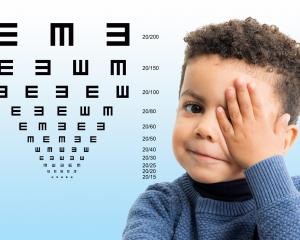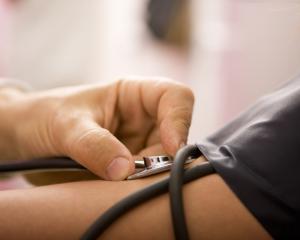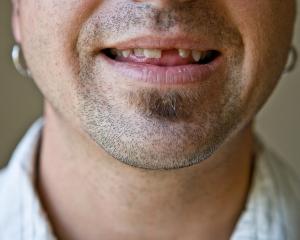

Person-centred care, where healthcare providers respect and respond to individual patient preferences, needs and values, is the latest buzzword. But does this happen in practice?
A study by Marie Crowe and other researchers from the Centre for Postgraduate Nursing Studies at the University of Otago Christchurch found that, at least for some people, it does not.
A combination of healthy eating and exercise should ensure people with diabetes keep their blood-sugar levels at reasonable levels, and minimise the risks of serious complications. However, as almost anyone who has tried to change their lifestyle knows, making changes is hard. So it is no surprise that many people struggle to keep their blood sugar under control.
In Marie Crowe's study, 30 of these people were interviewed. They talked about four key things that raise some important issues in caring for people with diabetes.
Firstly, people were shocked when they found out they had diabetes. Most had thought it would not happen to them, and that diabetes happened to other people. They were worried about the long-term consequences of having diabetes, because some knew people who had died or had amputations as a result of diabetes.
Secondly, people felt shame. They thought diabetes was self-inflicted, that only people who are lazy, fat and eat rubbish get diabetes. They felt that getting diabetes was a judgement on the type of life they had lived. If this view is expressed by healthcare providers, family members and popular culture, it is easy to see how this might make people reluctant to seek care and advice.
Thirdly, the people in the study minimised the impact of the diagnosis by thinking their diabetes was only mild, or "only" type 2 diabetes. Some thought their doctor had told them this. In the short term, this may have helped people cope with the shock of the diagnosis, but it may make lifestyle change seem less urgent.
Fourthly, and most importantly for healthcare providers, the people in the study felt they did not have enough information about diabetes. They did not know what they should eat, or how much exercise they should get. The advice that they had been given might not have been appropriate for their life.
Some people felt they did not know enough about diabetes to talk about it with their GP. They reported having received pamphlets about diabetes, but actually wanted someone to talk to about it. They needed someone who knew them and knew about their life so that advice could be tailored to them and their situation, and ideally, they needed ongoing support to make lifestyle changes.
The interviews were carried out in 2012, so we do not know whether things have improved since that time.
This study raises some really important questions about blame and healthcare.
Blaming people for their health problems seems unjustified because many of the risk factors (such as age, family history and ethnic background) are things people have no control over.
Knowledge about what causes health problems changes over time, too: when I was young, stomach ulcers were regarded as people's fault for worrying too much and eating spicy food; now, most are known to be the result of an infection, which many people pick up in childhood.
This study adds another reason why blame is counter-productive: it can stop people from seeking care they need and deserve.
Pauline Norris is a research professor at the Centre for Pacific Health, Va'a O Tautai, and CHeST: the Centre for Health Systems and Technology, in the University of Otago Division of Health Sciences.












